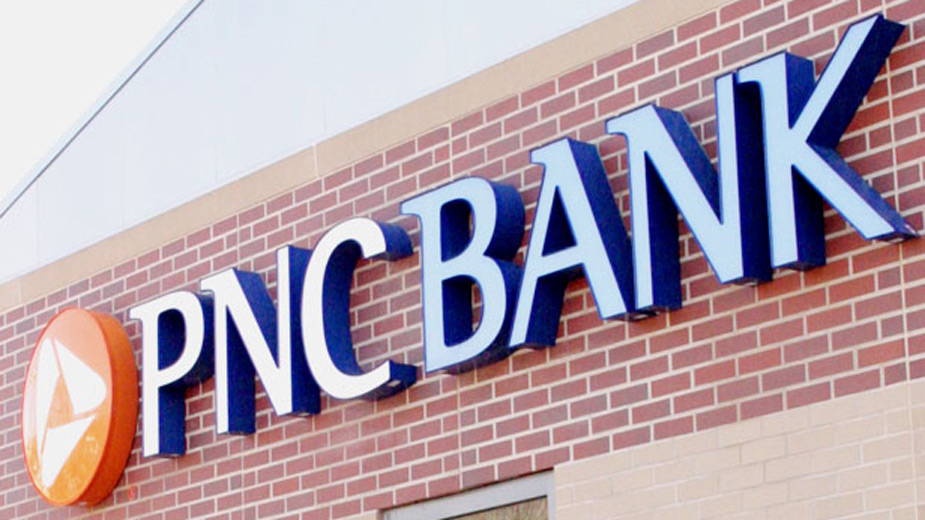Home Savings Customers Hear Positive Economic Forecast
POLAND, Ohio – The economy continues its lukewarm but solid recovery, the recovery likely to continue through at least the end of 2018, the founder and president of MainStreet Advisors LLC told gatherings of Home Savings Bank customers Tuesday night and Wednesday morning.
John Crosson heads a Chicago-based investment research firm that serves community banks and helps guide their and their customers’ portfolios. MainStreet, founded in 2003, has nearly $3 billion in assets under management.
“I don’t see anything that will inhibit growth through the end of 2018,” he said.
Crosson offered a lot of good news but with qualifications. Economic growth went to 3.1% the second quarter from 1.2% the first and is on track to finish at 2.2% for the year, short of its capacity.
Consumer confidence “is still high but less than where it stood last November” Crosson said, after Donald Trump was elected president.
The Institute of Supply Management (ISM) Index hit a 13-year high when it released its monthly report earlier this week, 60.8%, the highest posting since May 2004. (Anything above 50% is positive.) But that puts pressure on the Federal Reserve Board of Governors to raise interest rates.
The dollar continues to weaken, making U.S. export more attractive in foreign markets, Crosson noted.
He fully expects the Federal Open Markets Committee to raise rates; the question is when.
The price of oil remains around $50 a barrel.
The number of jobs added to the U.S. economy was 156,000 in August and “anything above 100,000 is positive,” he said.
And the official unemployment rate has fallen to 4.4% although the real rate, which includes those who have dropped out of the labor market, is closer to 8.7%. The real rate a year ago, he said, was close to 10%.
So “the economy is at full employment,” Crosson said. “The participation rate has increased,” which in turn is resulting in higher real wages, however small.
A stronger and recovering economy has its downside as the housing market shows “a weakening affordability, especially at the low end where demand is highest,” Crosson said. The Freddie Mac housing affordability index continues to rise despite interest rates staying steady or falling.
A real estate agent who attended the Tuesday night said the Mahoning Valley market remains healthy, that the low cost of living here does not reflect the national trend MainStreet Advisors has discerned about homeowners asking higher prices.
In addition to Home Savings customers who attended the Tuesday event, held at The Lake Club, were influential people in the Mahoning Valley market, said the bank’s CEO, Gary Small.
In his remarks, Crosson noted that despite the Department of Labor’s Consumer Price Index showing inflation remaining below 2%, prices have risen a bit more for many household items not in the index, that the rate of inflation exceeds the official numbers.
With that as background, Crosson offered his thoughts on where to invest and restructure investment portfolios.
He’s gone from “overweigh” to “neutral” on equities and from “underweigh” to “neutral” on bonds. Long-term bonds have risen 10% year-to-date, he noted, and investors are willing to pay more for stocks despite their lower P/E ratios. “Investors are willing to pay more for earnings,” he said, even though corporate earnings are lower. The worst-performing equities are energy stocks but here he sees improvement.
He sees no especially attractive alternatives to investing in equities and bonds but encourages those turning to bonds to buy TIPs – Treasury Inflation Protected – instruments because he sees inflation rising about the Fed’s targeted rate.
Bonds are more attractive because of the lower P/E ratios of sticks and offer downside protection to corrections in stock markets, Crosson said.
Copyright 2024 The Business Journal, Youngstown, Ohio.


